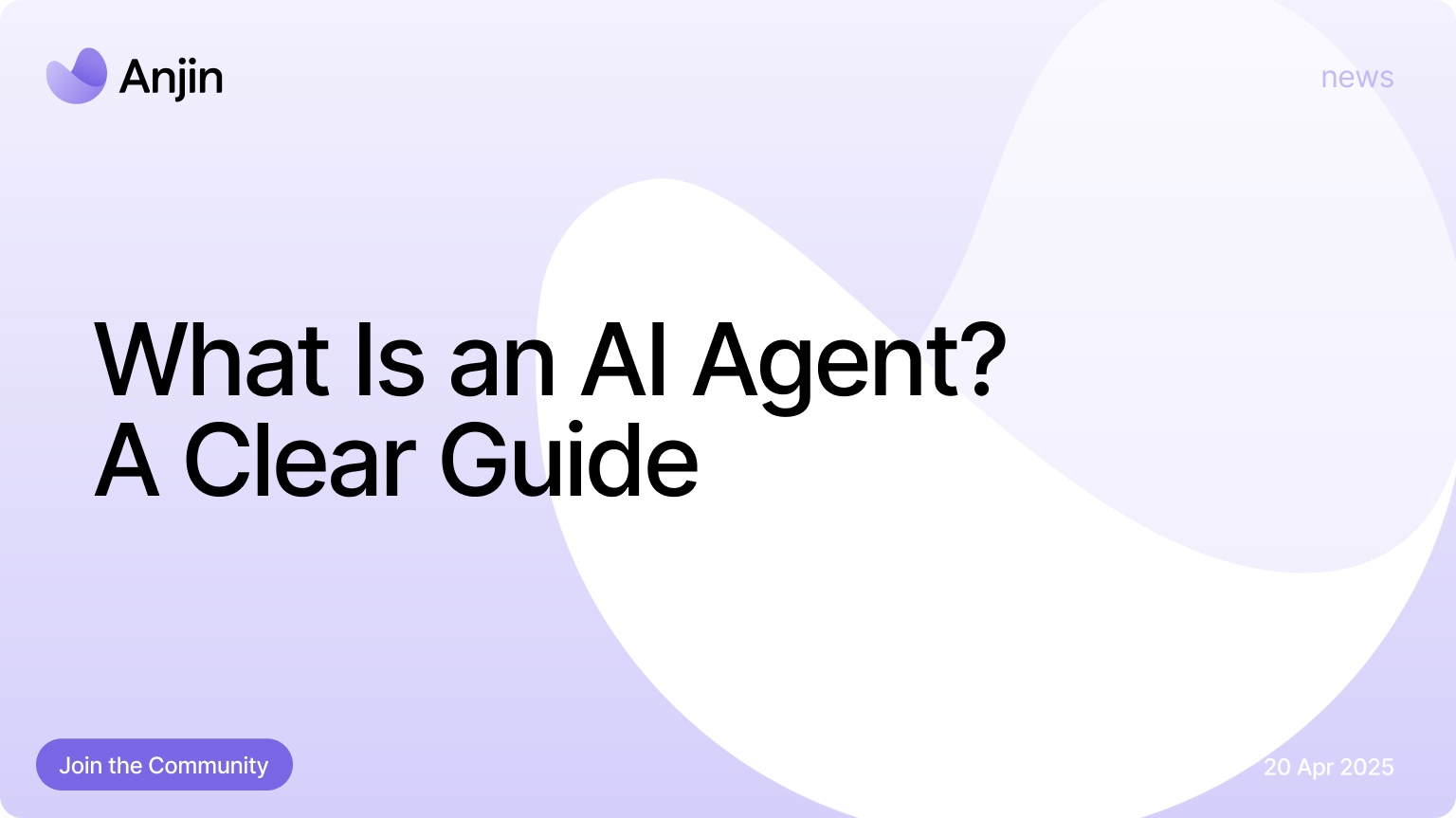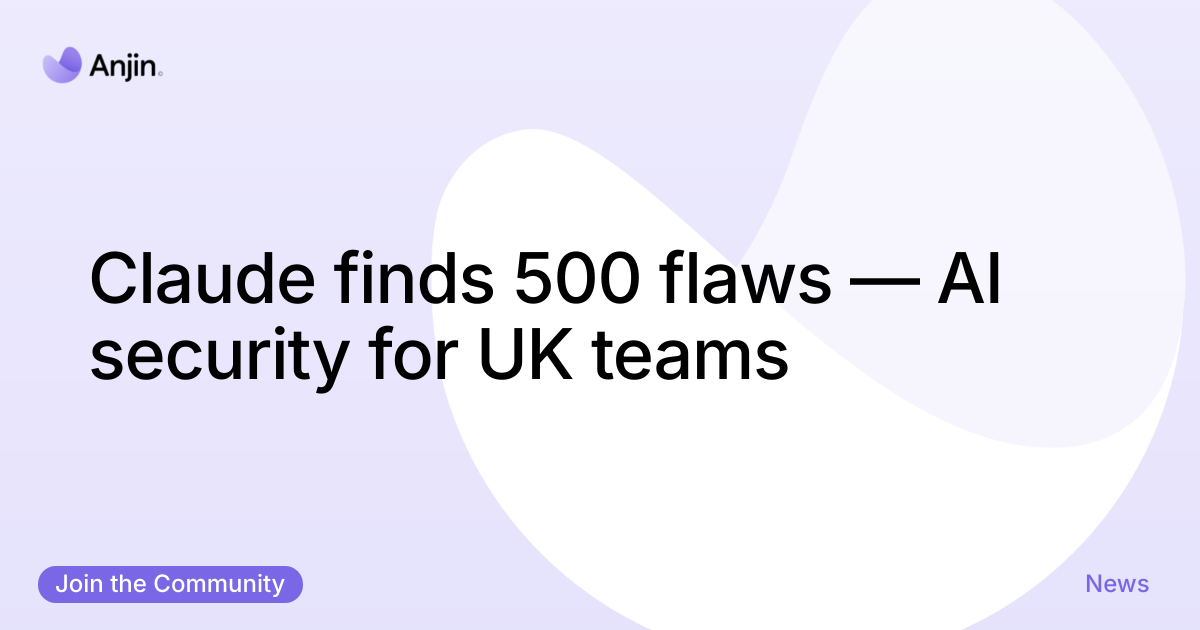What Is an AI Agent?
An AI agent is an autonomous software system designed to perceive its environment, reason about what it observes, and take appropriate actions to achieve specific goals—without continuous human input. Unlike static AI tools or rule-based automation, AI agents can:
- Make decisions dynamically
- Learn from experience
- Interact with tools, APIs, and humans
- Operate across time, context and workflows
In short, AI agents represent a shift from assistive AI to agentic AI—where intelligence is active, situational, and responsive to changing inputs.
Core Components of AI Agents
The most effective agents share a consistent architectural pattern:
ComponentFunctionPerceptionGathers inputs (text, voice, visual, sensor data) from the environmentMemoryStores previous interactions to maintain contextReasoningUses logic, language models, or planning tools to assess next stepsActionExecutes decisions through APIs, interfaces or workflowsLearningImproves future performance based on feedback or reward signals
This architecture mirrors cognitive functions—making AI agents not just smarter, but more human-aligned in how they operate.
Why AI Agents Are Different from Traditional AI
Traditional AIAgentic AIStatic responsesDynamic actionsOperates in isolationIntegrates across systemsRequires human promptsOperates autonomously with goalsOptimises for outputOptimises for outcomes over time
Agents are goal-oriented, not just output-focused. They are not tools you use. They are systems you delegate to.
Real-World Examples of AI Agents in Action
- Customer Service: Agents like GPT-powered assistants triage support tickets, draft responses, and escalate when needed.
- Legal Operations: Platforms like Harvey AI use agents to summarise contracts, propose edits, and check compliance.
- Sales & Marketing: Agents personalise outreach, rewrite campaigns by region, and analyse engagement metrics.
- IT & DevOps: Agents detect anomalies, auto-deploy patches, or restart services without human intervention.
- Supply Chain: Agents re-route logistics, optimise inventory, and simulate forecast scenarios in real time.
These aren’t just task bots—they’re collaborators that operate within business logic.
Key Benefits of Deploying AI Agents
✔️ Time Savings: Automate complex processes with minimal oversight
✔️ Scalability: Deploy across teams, functions and markets instantly
✔️ Adaptability: Respond in real-time to new inputs, customer behaviours or system changes
✔️ Accuracy: Reduce human error through repeatable logic-based decisions
✔️ Personalisation: Maintain user context across sessions for human-like continuity
Agents reduce operational drag—while increasing agility.
Implementation Considerations
While adoption is accelerating, success requires strategy. Consider:
- Governance: Who approves the agent’s actions? What are the fallback scenarios?
- Training Data: Have you fine-tuned the agent on your brand, tone and workflows?
- Security: Does your agent manage sensitive data? What audit trails are in place?
- Integration: Can your agent interact with APIs, internal systems and databases?
Successful deployment blends technical engineering, human oversight and strategic alignment.
The Future of Agentic AI
By 2026, the majority of enterprise automation is expected to move from static workflows to agent-led orchestration. Major players like OpenAI, Microsoft, Salesforce, and Anthropic are already:
- Embedding AI agents into productivity tools
- Creating frameworks for multi-agent coordination
- Offering APIs for enterprise-specific agent training and deployment
We are entering an era where the interface is the agent—where users issue goals, not commands, and systems handle the rest.
Final Thought: Don’t Just Use AI. Work With It.
AI agents are more than a technological breakthrough. They are a new digital workforce—capable of reasoning, acting, and adapting across industries.
Whether you’re building customer experiences, managing data, or driving operational efficiency, AI agents are the foundation of future growth.
At Anjin Digital, we help organisations not just understand AI—but operationalise it. With a focus on generative engine optimisation and agentic strategy, we’re building the systems behind the next era of intelligent enterprise.





